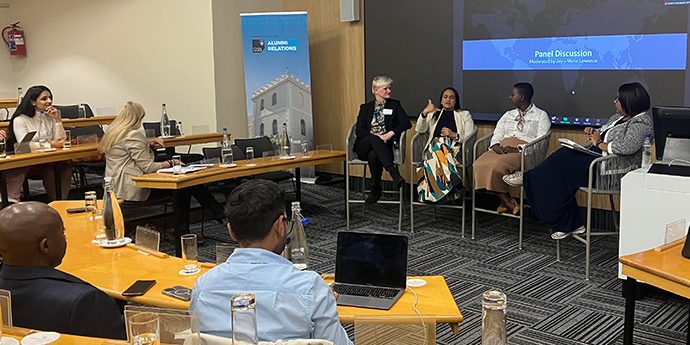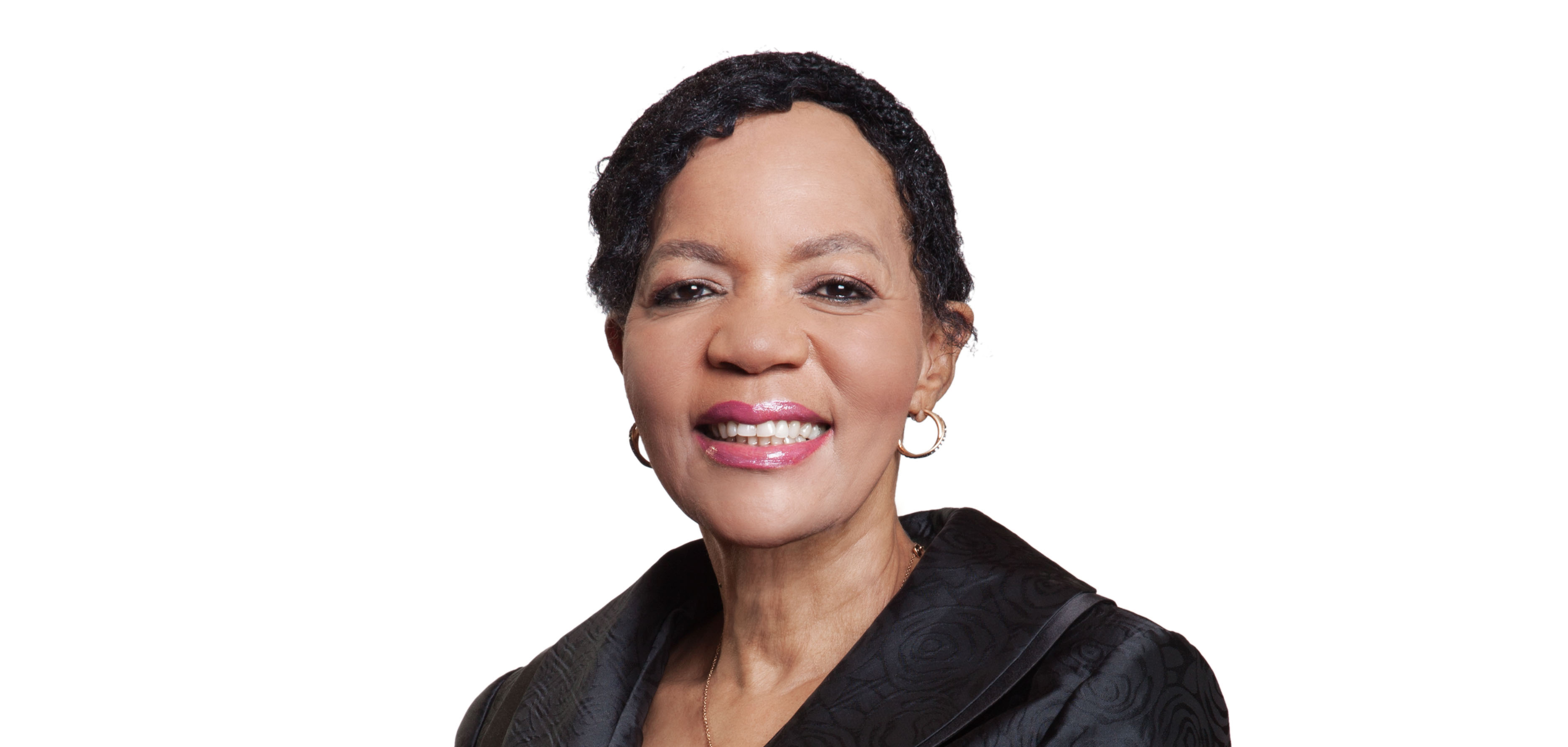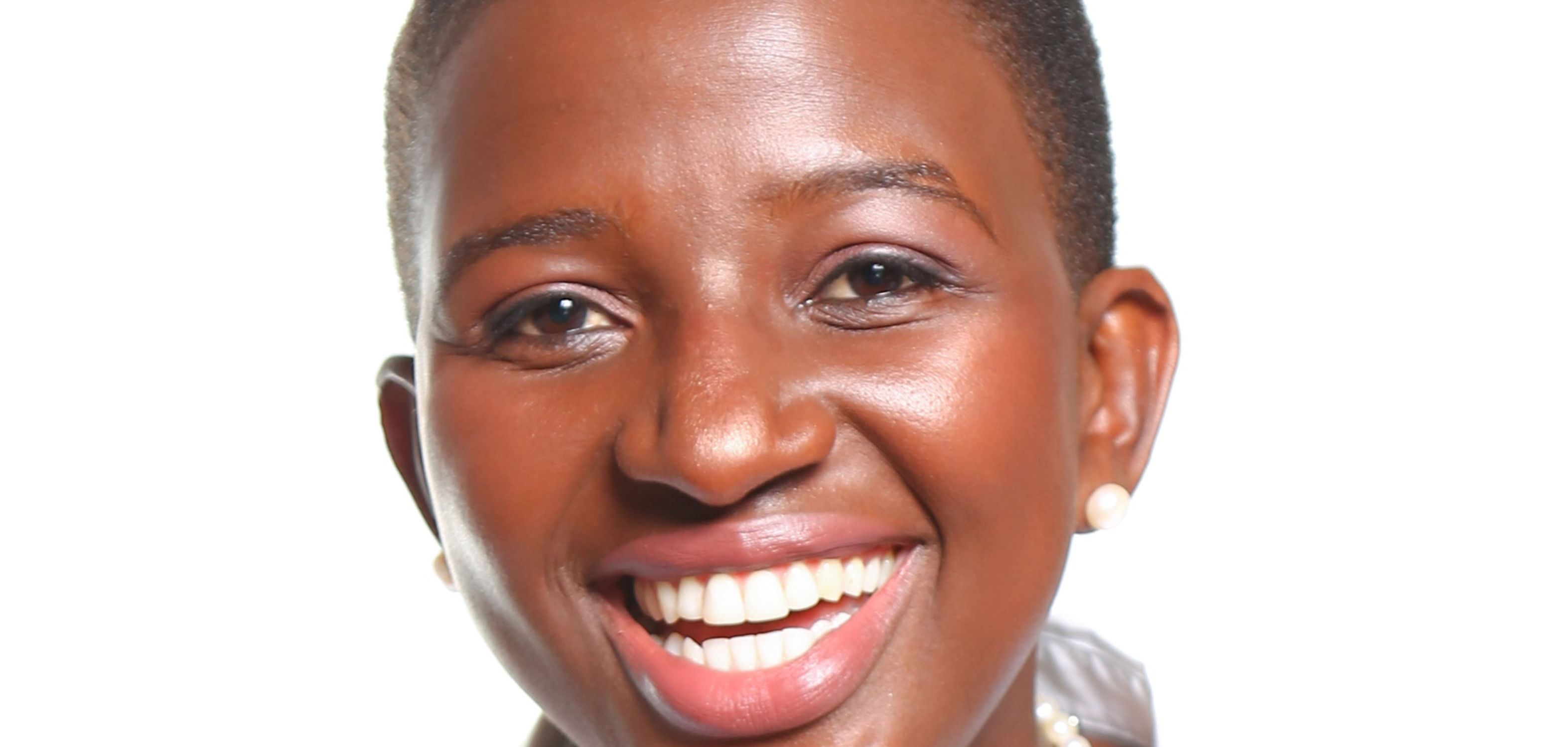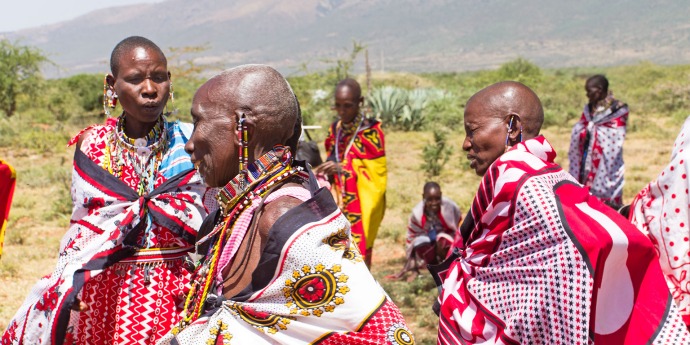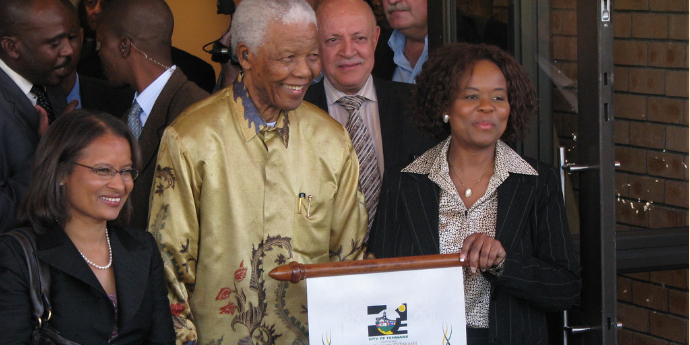BY DAVINA ZIBI AND KURT APRIL
It’s an experience many women – and women of colour in particular – will be familiar with. The frustration and disappointment that comes from running up against an unsympathetic older/white/male boss or colleague who is unwilling or unable to understand why women feel unheard and overlooked in the workplace.
Being unheard can be a maddening and frustrating experience that can lead to feelings of failure and depression in women, many of whom will leave the organisation rather than stay to fight to be taken seriously. In a new study from the UCT Graduate School of Business entitled Homosocial Reproduction: The Lived Workplace Experience of Diverse Millennial Women, we wanted to understand further what’s driving this negative cycle and how it could be broken. We spoke to 25 professional, millennial women in South Africa who had resigned from their organisations, in order to find out what they had been through. The results show clearly that the women felt uncomfortable in their workplaces, and this discomfort was typically linked to their identities. Their stories put real, lived experiences to the most recent numbers presented in Parliament for the Employment Equity Amendment Bill. Women of all races account for just under a quarter of executive positions. According to news website All Africa, there are only two black women in CEO positions at JSE Top 40-listed companies in South Africa: Mpumi Zikalala at Kumba Iron Ore* and Mpumi Madisa at Bidvest.
These numbers are concerning. Women of colour represent over 80% of women in* the South African workforce and are the demographic with the highest unemployment rate in the country. They are disproportionally impacted by poverty, patriarchal societal norms, and COVID-19, as well as gender-based violence. And our research found another reason to add to the literature on this topic – homosocial reproduction. Designed for men, by men.
Homosocial reproduction describes the human desire to be around others who are like us – people with a similar background, upbringing, education or culture. It makes us feel safe and able to trust others. But this also results in workplaces being tailored according to older male, white experiences, as they are economically dominant and hierarchically powerful in the country. The homosocial reproduction phenomenon provides a theory into why so many organisations are still led by older white men – “like attracts like”.
The study does not vilify older, white men in South African organisations, but makes the point that more awareness of this bias is needed. We know that people in “old boys’ networks” receive twice as many job leads as women or individuals from other marginalised groups. Male-dominated environments can sometimes lead to a more ruthless culture at work, where men are driven to perform “at all costs”. Working as a woman in a winner-takes-all environment is stressful, exhausting and uninspiring, especially for women who have family commitments to balance at home.
In our study, black women in particular said that they had to deal with racial inequality in addition to gender bias. One participant stated: “A white female, in my opinion, has to work harder than a white male, but then I come along, and I have to work even harder than the white female and the white male.” On paper, the lived experiences of millennial black women are different to those of older white men; homosocial reproduction explains that this results in a disconnect between the two groups, meaning black women have to work that much harder to bridge the gap.
Yet, there is a demonstrated benefit for workplaces in South Africa to be more diverse and inclusive. A wealth of research has made the link between diversity and better bottom-line results, not least of which is a 2020 McKinsey Report that found companies with strong gender diversity on executive teams were 25% more profitable that those who did not. That is a big performance advantage. Millennial women also bring fresh perspectives as well as valuable points of view on services, products, processes, and customers.
Six focus areas for organisations
Fortunately, our paper highlights what companies can do to make women feel more valued at work. Organisations that genuinely want to keep Millennial women of colour can start by appointing more women of colour in senior positions to show that it is possible for others to succeed. Diversity conversations must include men and biases need to be explored to help remove tensions in the office. Women could use more support, either through mentorship or coaching, while men should gain more insight into organisational mindsets and spend time deconstructing their embedded mental models. It could also help to have a senior person in the corporation champion diversity and inclusion, like the CEO or CFO. The research showed six themes for organisations to focus on – (1) developmental support, (2) fostering diversity, (3) voice amplification, (4) management support, (5) enabling work environment creation, and (6) equitable rewards and recognition.
Organisations unable to do this risk losing even more talent as millennial women constitute a large portion of the ‘brain drain’ and the ‘great resignation’. Earlier this year, Rand Merchant Bank (RMB) CEO James Formby said that thousands of skilled South Africans were leaving the country each year in search of greener pastures. Senior IT specialists are especially in demand overseas; so too healthcare and pharmaceutically-trained individuals.
But there is an additional concern for companies. Most women in the study highlighted that it took them a year to resign, with many stating that it was an unpleasant experience. This means that, for an extended period, these unhappy employees may have been engaged at a very low level, impacting negatively on company performance.
From a personal point of view, the decision to leave and start afresh can lead to a happier and more fulfilled personal and professional life and the reward that comes from staying true to one’s values and beliefs. But so much more value can be achieved by helping to give women in the workplace a louder voice in order to contribute to the building of a more diverse, equitable and inclusive South African workplace. Our communities and economy deserve it, and will be stronger for it.
Davina Zibi is a strategist and entrepreneur, leading her consulting company, DEZ Advisory Services. Professor Kurt April is the Endowed Allan Gray Chair and Director of the Allan Gray Centre for Values-Based Leadership at the UCT Graduate School of Business.
* This article was updated on 23 February 2022 to correct an omission. The original article stated that women of colour represent 80% of the South African workforce. It should have stated that women of colour represent 80% of women in the South African workforce.




